
Recommendation
In this timely update on the future of work in the United States, researchers from the McKinsey Global Institute examine the trends that have emerged since their 2019 study on automation and US workplaces. They catalog the forces shaping their forecast, including lasting pandemic effects, federal investment and technological advances, particularly AI. In the post-pandemic landscape, the emergence of generative AI tools like ChatGPT raises job loss concerns. The researchers emphasize the likelihood of significant shifts in occupational demand, urging you to prepare for job transitions amid ongoing uncertainty as companies work to build an inclusive, productivity-driven economy.
Summary
About the Authors
The report’s authors are research leaders Kweilin Ellingrud, an McKinsey Global Institute (MGI) director, McKinsey partner Saurabh Sanghvi; MGI senior expert and associate partner Gurneet Singh Dandona; MGI partners Anu Madgavkar and Michael Chui; MGI director Olivia White; and project team leader Paige Hasebe. MGI executive editor Lisa Renaud edited the report.








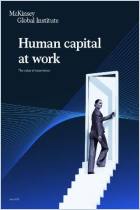

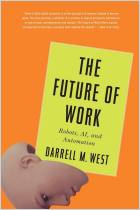
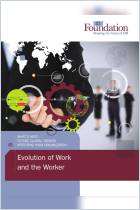
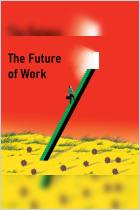

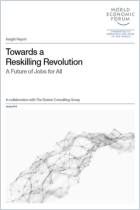
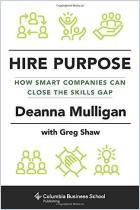






Comment on this summary or Iniciar a Discussão